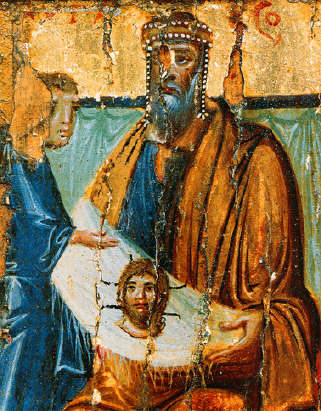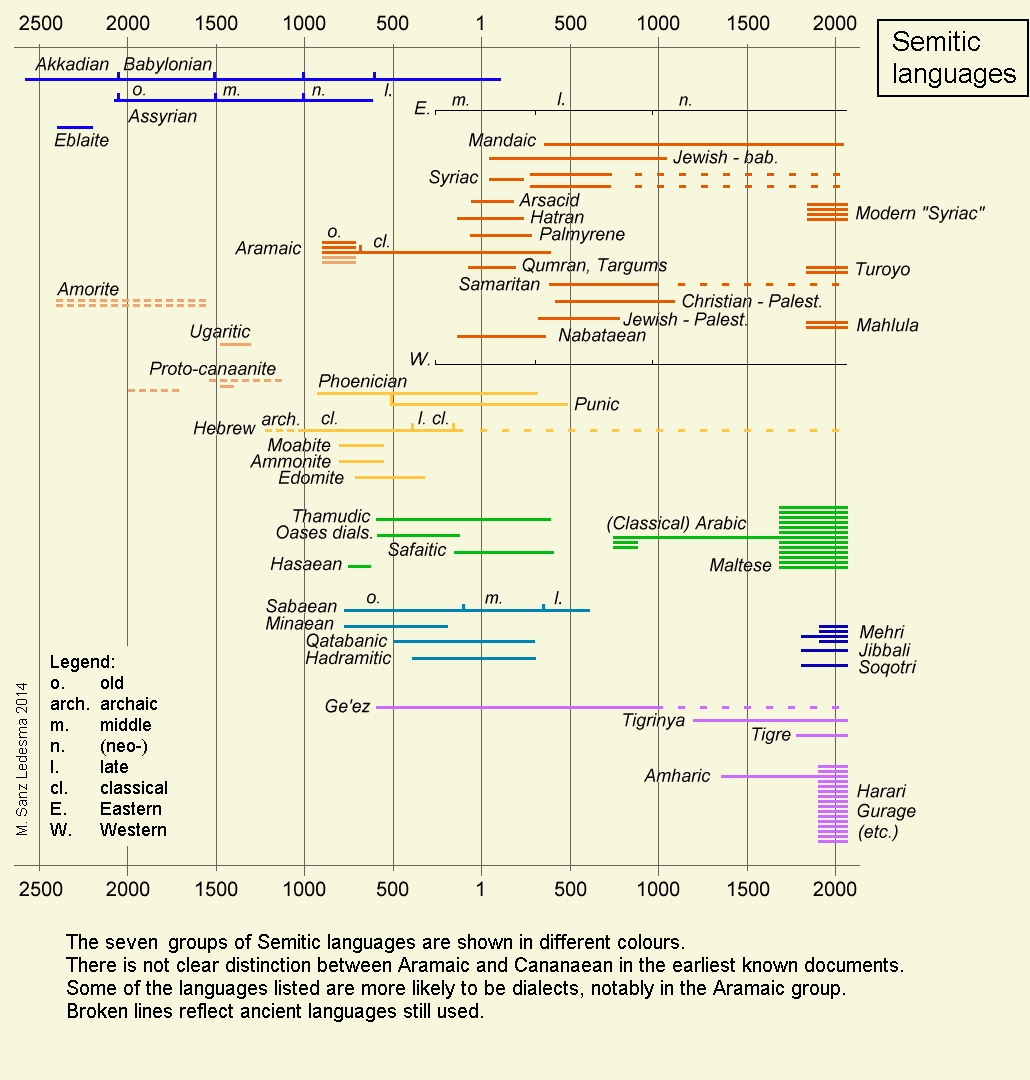|
Alhamdulillah
''Alhamdulillah'' (, ') is an Arabic phrase meaning "praise be to God", sometimes translated as "thank God" or "thanks be to the Lord". This phrase is called ''Tahmid'' (). A longer variant of the phrase is ''al-ḥamdu l-illāhi rabbi l-ʿālamīn'' (), meaning "all praise is due to God, Lord of all the worlds", the first verse of Surah Al-Fatiha, the opening chapter of the Quran. The phrase is frequently used by Muslims of every background due to its centrality in the texts of the Quran and Hadith, the words of the Islamic prophet Muhammad. Its meaning and in-depth explanation have been the subject of much exegesis. It is also commonly used by non-Muslim speakers of the Arabic language. A similar variation used in Christianity is the phrase " Hallelujah". Meaning The phrase has three basic parts: *'' al-'', the definite article, "the". *''ḥamd''(''u''), literally meaning "praise", "commendation". *''li-llāh''(''i''), preposition + noun ''Allāh''. ''Li-'' is a dati ... [...More Info...] [...Related Items...] OR: [Wikipedia] [Google] [Baidu] |
Allāh
Allah ( ; , ) is an Arabic term for God, specifically the God of Abraham. Outside of the Middle East, it is principally associated with Islam (in which it is also considered the proper name), although the term was used in pre-Islamic Arabia and continues to be used today by Arabic-speaking adherents of any of the Abrahamic religions, including Judaism and Christianity. It is thought to be derived by contraction from '' al- ilāh'' (, ) and is linguistically related to God's names in other Semitic languages, such as Aramaic ( ) and Hebrew ( ). The word "Allah" now conveys the superiority or sole existence of one God, but among the pre-Islamic Arabs, Allah was a supreme deity and was worshipped alongside lesser deities in a pantheon. Many Jews, Christians, and early Muslims used "Allah" and "al-ilah" synonymously in Classical Arabic. The word is also frequently, albeit not exclusively, used by Bábists, Baháʼís, Mandaeans, Indonesian Christians, Maltese Christians ... [...More Info...] [...Related Items...] OR: [Wikipedia] [Google] [Baidu] |
Hallelujah
''Hallelujah'' (; , Modern ) is an interjection from the Hebrew language, used as an expression of gratitude to God. The term is used 24 times in the Tanakh (in the book of Psalms), twice in deuterocanonical books, and four times in the Christian Book of Revelation. The phrase is used in Judaism as part of the Hallel prayers, and in Christian prayer, where since the earliest timesScott Nash, "Hallelujah" in ''Mercer Dictionary of the Bible'' (Mercer University Press 1990 ), p. 355 it is used in various ways in , especially those of the |
God In Islam
In Islam, God (, contraction of , ) is seen as the Creator god, creator and God the Sustainer, sustainer of the universe, who God and eternity, lives eternally. God is conceived as a perfect, Tawhid, singular, immortal, omnipotent, and omniscient god, completely Infinity, infinite in all of Attributes of God in Islam, his attributes. Islam further emphasizes that God is most merciful. The Islamic concept of God is variously described as monotheistic, panentheistic, and monistic. In Schools of Islamic theology, Islamic theology, Anthropomorphism and corporealism in Islam, anthropomorphism () and corporealism () refer to beliefs in the human-like (anthropomorphic) and materially embedded (corporeal) form of God, an idea that has been classically described assimilating or comparing God to the creatures created by God. By contrast, belief in the Transcendence (religion), transcendence of God is called , which also rejects notions of incarnation and a personal god. is widely accep ... [...More Info...] [...Related Items...] OR: [Wikipedia] [Google] [Baidu] |
Arab Christians
Arab Christians () are the Arabs who adhere to Christianity. The number of Arab Christians who live in the Middle East was estimated in 2012 to be between 10 and 15 million. Arab Christian communities can be found throughout the Arab world, but are concentrated in the Eastern Mediterranean region of the Levant and Egypt, with smaller communities present throughout the Arabian Peninsula and North Africa. The history of Arab Christians coincides with the history of Eastern Christianity and the history of the Arabic language; Arab Christian communities either result from pre-existing Christian communities adopting the Arabic language, or from pre-existing Arabic-speaking communities adopting Christianity. The jurisdictions of three of the five patriarchates of the Pentarchy primarily became Arabic-speaking after the early Muslim conquests – the Church of Alexandria, the Church of Antioch and the Church of Jerusalem – and over time many of their adherents adopted the Arabic ... [...More Info...] [...Related Items...] OR: [Wikipedia] [Google] [Baidu] |
Sura
A ''surah'' (; ; ) is an Arabic word meaning 'chapter' in the Quran. There are 114 ''suwar'' in the Quran, each divided into verses (). The ''suwar'' are of unequal length; the shortest ''surah'' ( al-Kawthar) has only three verses, while the longest ( al-Baqarah) contains 286 verses. Muhammad Mustafa Al-A'zami (2003), ''The History of The Qur'anic Text: From Revelation to Compilation: A Comparative Study with the Old and New Testaments'', p.70. UK Islamic Academy. . The Qur'an consists of one short introductory chapter (Q1), eight very long chapters, making up one-third of the Qur'an ( Q2‒ 9); 19 mid-length chapters, making up another one-third (Q10‒28); and 86 short and very short ones of the last one-third (Q29‒114). Of the 114 ''suwar'' in the Quran, 86 are classified as Meccan (), as according to Islamic tradition they were revealed before Muhammad's migration to Medina (''hijrah''), while 28 are Medinan (), as they were revealed after. This classification is onl ... [...More Info...] [...Related Items...] OR: [Wikipedia] [Google] [Baidu] |
Al-Fatiha
Al-Fatiha () is the first chapter () of the Quran. It consists of seven verses (') which consist of a prayer for guidance and mercy. Al-Fatiha is recited in Muslim obligatory and voluntary prayers, known as ''salah''. The primary literal meaning of the expression "Al-Fatiha" is "The Opener/The Key". Background The most commonly accepted view about the origins of the ''surah'' is the view of Ibn Abbas, among others, that Al-Fatiha is a Meccan ''surah'', although some believe that it is either a Medinan surah or was revealed in both Mecca and Medina. Most narrators recorded that al-Fātiḥah was the first complete Surah revealed to Muhammad. The name Al-Fatiha ("the Opener") could refer to the ''surah'' being the first in the Mus'hafs, the first to be recited in each '' rakat'' of ''salah'', or to the manner of its usage in many Islamic traditions as an opening prayer. The word itself comes from the root (ف ت ح), which means "to open, explain, disclose, conquer", etc. ... [...More Info...] [...Related Items...] OR: [Wikipedia] [Google] [Baidu] |
Arab Jews
Arab Jews ( '; ') is a term for Jews living in or originating from the Arab world. Many left or were expelled from Arab countries in the decades following the founding of Israel in 1948, and took up residence in Israel, Western Europe, the United States and Latin America. The term is controversial and politically contested in the diaspora and Israel, where the term "Mizrahi Jews" was adopted by the early state instead. However, a minority of anti-Zionist Jews of Mizrahi origin actively elect to call themselves "Arab Jews". quote:"it is not surprising that very few Jews of Arab descent, in Israel, would label themselves ‘Arab Jews’. It has turned out to be the marker of a cultural and political avant-garde. Most of those who used it, did so in order to challenge the Zionist order of things (i.e., ‘methodological Zionism’; see Shenhav, 2006) and for political reasons (Levy, 2008) However, Jews living in Arab lands have historically not identified themselves as Arabs or A ... [...More Info...] [...Related Items...] OR: [Wikipedia] [Google] [Baidu] |
Semitic Root
The roots of verbs and most nouns in the Semitic languages are characterized as a sequence of consonants or " radicals" (hence the term consonantal root). Such abstract consonantal roots are used in the formation of actual words by adding the vowels and non-root consonants (or "transfixes"), which go with a particular morphological category around the root consonants, in an appropriate way, generally following specific patterns. It is a peculiarity of Semitic linguistics that many of these consonantal roots are triliterals, meaning that they consist of three letters (although there are a number of quadriliterals, and in some languages also biliterals). Such roots are also common in other Afroasiatic languages. While Berber mostly has triconsonantal roots, Chadic, Omotic, and Cushitic have mostly biconsonantal roots; and Egyptian shows a mix of biconsonantal and triconsonantal roots. Triconsonantal roots A triliteral or triconsonantal root (; , ';, '; , ') is a root containing ... [...More Info...] [...Related Items...] OR: [Wikipedia] [Google] [Baidu] |
Semitic Languages
The Semitic languages are a branch of the Afroasiatic languages, Afroasiatic language family. They include Arabic, Amharic, Tigrinya language, Tigrinya, Aramaic, Hebrew language, Hebrew, Maltese language, Maltese, Modern South Arabian languages and numerous other ancient and modern languages. They are spoken by more than 330 million people across much of Western Asia, West Asia, North Africa, the Horn of Africa, Malta, and in large Immigration, immigrant and Expatriate, expatriate communities in North America, Europe, and Australasia. The terminology was first used in the 1780s by members of the Göttingen school of history, who derived the name from Shem, one of the three Generations of Noah, sons of Noah in the Book of Genesis. Semitic languages List of languages by first written account, occur in written form from a very early historical date in West Asia, with East Semitic languages, East Semitic Akkadian language, Akkadian (also known as Ancient Assyrian language, Assyrian ... [...More Info...] [...Related Items...] OR: [Wikipedia] [Google] [Baidu] |
Ḥ-M-D
(, ) is the triconsonantal Semitic root of many Arabic and some Hebrew words. Many of those words are used as names. The basic meaning expressed by the root is "to praise" in Arabic and "to desire" in Hebrew.'' A Concise Hebrew and Aramaic Lexicon of the Old Testament'' by William L. Holladay, 1971, p. 108 Usage Concepts Arabic *Hamd — "praise", a song or poem in praise of Allah *Mahmad — "desire, desirable thing, pleasant thing, beloved, goodly, lovely, pleasant, desirable, precious ones, precious things, precious treasures, treasures, valuable" * Mahmud — "desirable, precious thing, pleasant thing" Hebrew *Ḥemda — "desire, delight, beauty". * Nehmad — "nice, cute, pleasant, lovely" *Ḥamud — "cute, lovely, sweet, pretty" *Maḥmad — "something desirable", as in ''hayat maḥmad'' "pet" ("desirable animal"), ''maḥmad eino'' "someone's beloved" ("desire of his eyes") *Ḥemed — "grace, charm" *Ḥamad — "desired, ... [...More Info...] [...Related Items...] OR: [Wikipedia] [Google] [Baidu] |
Muhammad (name)
Muhammad () is an Arabic given male name meaning 'praiseworthy'. The name comes from the passive participle of the Arabic verb (حَمَّدَ), meaning 'to praise', which itself comes from the Semitic root#Triconsonantal roots, triconsonantal Semitic languages, Semitic root Ḥ-M-D. Other spellings of the name include Muhammed, Muhamad, Mohammad, Mohammed, Mahammad, Maxammed, Mehemmed, Mehemmet, Mohamad, Mohamed, Mehmet, Mahometus, Mamadou, and a variety of other ways. Believed to be the most popular name in the world, by July 2014 it was estimated to have been given to 150 million men and boys. The name has been banned for newborn children in the Xinjiang region of China since 2017, as well as for the Ahmadis in Pakistan, Ahmadi community in Pakistan. Lexicology The name ' is the standard, primary Romanization of Arabic, transliteration of the Arabic given name, , that comes from the Arabic Voice (grammar), passive participle of ''ḥammada'' (), ''praise'', and further from ... [...More Info...] [...Related Items...] OR: [Wikipedia] [Google] [Baidu] |




